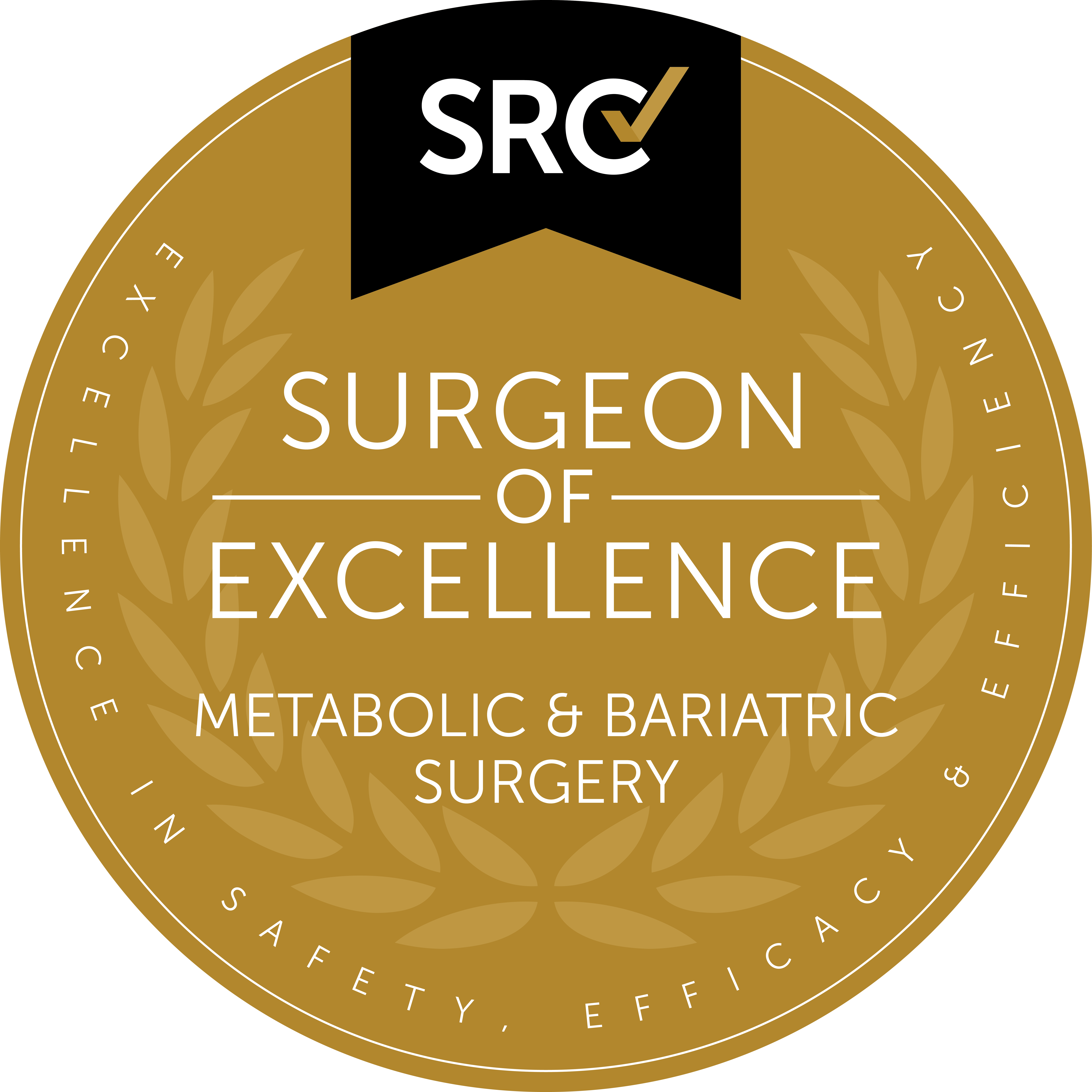Specialty
Obesity Surgery
Metabolic Surgery (Diabetic Surgery)
Proctology Surgery
Contact
Specialty
Obesity Surgery
Metabolic Surgery (Diabetic Surgery)
Proctology Surgery
Contact
Specialty
Obesity Surgery
Metabolic Surgery (Diabetic Surgery)
Proctology Surgery
Nutrition after obesity surgery is critically important for the success of the procedure and the patient’s recovery. Following the prescribed diet helps the digestive system adapt to its new state and reduces the risk of complications. Below is a day-by-day and weekly diet guide:
Day 1
On the first day after surgery, the patient is closely monitored in the hospital. Nutrition usually begins with clear liquids. Allowed options include:
Feeling: The stomach may still feel sensitive and bloated. Hunger is usually suppressed, but thirst may be prominent, making fluid intake crucial.
Day 2
The clear liquid diet continues on the second day to avoid irritating the stomach while maintaining hydration. Suitable options include:
Feeling: The stomach may still feel tender and bloated as it hasn’t yet returned to full function. Continue fluid intake and begin light walking.
Day 3
On day three, patients can start transitioning to a full liquid diet. Protein intake begins without overloading the stomach.
Feeling: The sense of hunger continues to decrease, and fullness is felt more quickly. Continue focusing on hydration and light activity.
Week 1
The first week continues with a liquid-based diet. The aim is to stay hydrated and gradually build calorie intake. Additional items can include:
Feeling: The stomach starts to stabilize, but feelings of fullness or discomfort may still occur. Controlled fluid intake is key.
Week 2
During the second week, soft and pureed foods can be introduced, but solid foods are still avoided.
Feeling: Hunger becomes more manageable, but the stomach remains sensitive. New foods should only be introduced with medical guidance.
Coffee, Tea, Alcohol, and Smoking
Due to stomach sensitivity, coffee and tea should be limited in the early weeks. Caffeine-free, unsweetened herbal teas are preferable. Regular coffee may be reintroduced after 4 weeks, only under a doctor’s recommendation. Alcohol harms the stomach lining and increases the risk of dumping syndrome. Smoking delays wound healing and raises infection risk. Both should be strictly avoided after surgery.
When Can I Return to a Normal Diet?
Solid foods are usually reintroduced within 4 weeks after obesity surgery, depending on individual recovery and the surgeon’s advice. Important considerations when returning to a normal diet:
The transition to normal eating should be done in coordination with your doctor and dietitian. A personalized program designed with their guidance will significantly support your recovery and long-term success.

Op. Dr. Mehmet Deniz
Haziran 24, 2025
Did you find this content useful? Share it on your social media accounts:
Share with Facebook
Share with Twitter
Share with WhatsApp

Contact
+90 (533) 641 80 90
+90 (551) 690 80 90
[email protected]
Mimar Sinan, Işılay Saygın Sokak No: 23 K, D:1, 35220 Konak/İzmir
© 2023 Op. Dr. Mehmet Deniz - Izmir's First Metabolic Surgery Center
Designed By
Free Pre-Interview